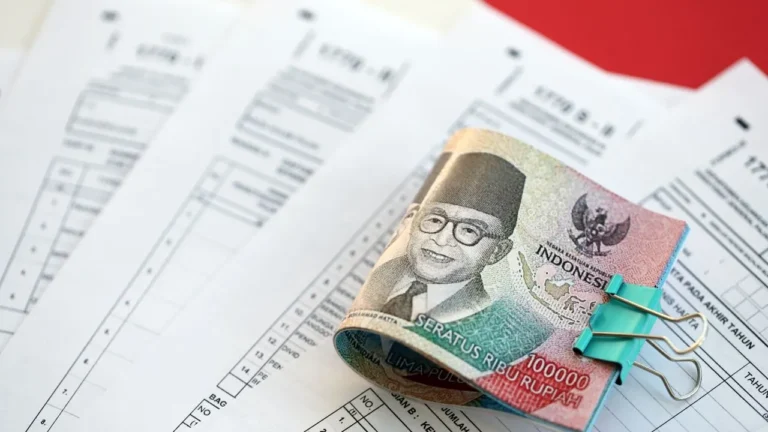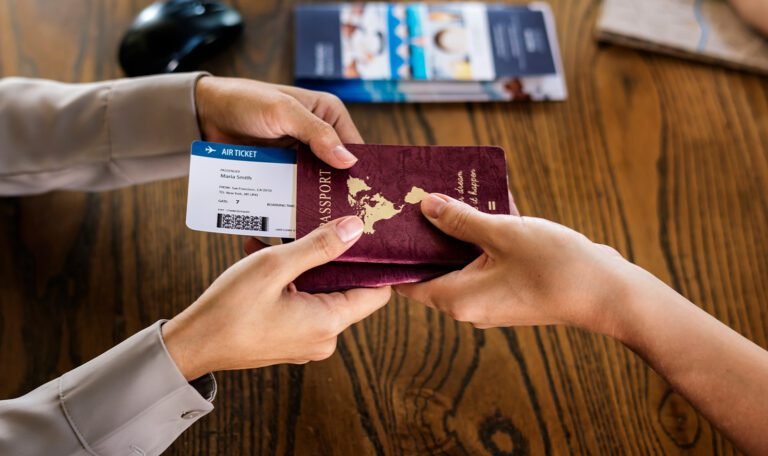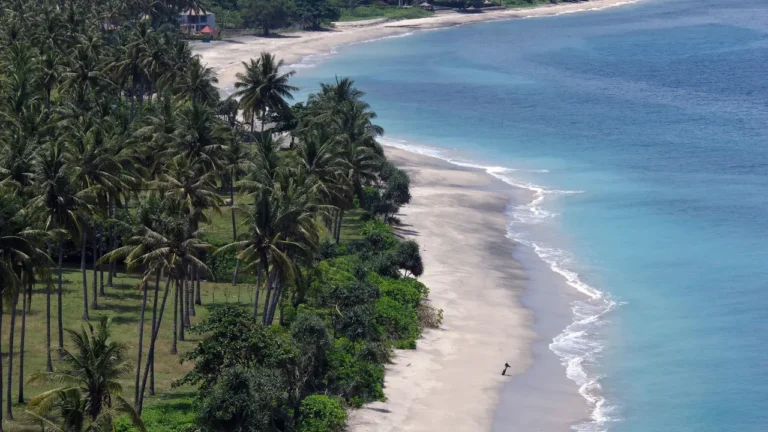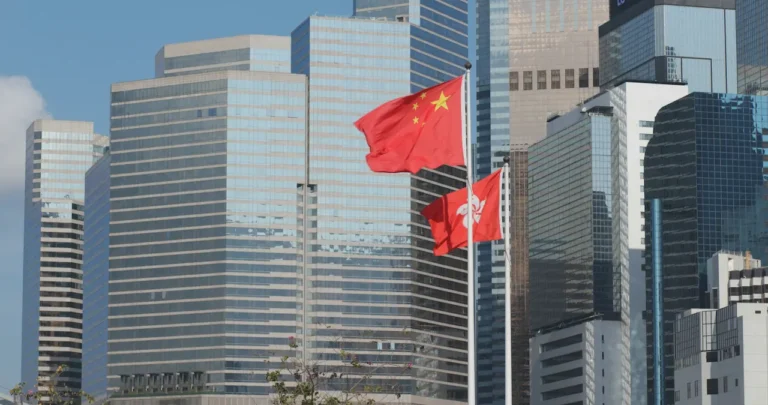Table of Contents
ToggleThis article identifies the key things to consider when leasing property in Bali and the rest of Indonesia, such as Lombok. There are some steps and factors to pay attention to when dealing with developers, real estate agents, and sellers of a property.
As a reminder, a leasehold is a private contract between two parties. This means that the terms and conditions are defined by the content of the agreement, and any dispute will be related to the clauses in the agreement.
Due Diligence on the party
During my first trip to Bali, I remember arriving to a world at the opposite of the cartesian rules and clear functions of each party involved in a transaction or a contract. As I used to say, Indonesia has clear rules however their application and how some actors play with the rules might be disorienting buyers in their purchase journey.
Due diligence on the Broker or Real Estate Agent
When purchasing a property, the first party you will probably meet is the broker or real estate agent. Indonesian law clearly states who can be an agent or a property broker. The broker needs to have a special licence and be a member of the Broker Association (AREBI). However, it is unfortunately common to see brokers acting on a system commission without any licence. The broker or real estate agent is taking a commission from the seller. By definition, this broker or real estate agent is not representing your interest but the interest of their client, which is the seller. Professional real estate agents take care of both sides, and there is a lot to recommend when working with proper license and professionalism.
The agent is supposed to also advise the client about the regulation and how the process works. However, having an unlicensed agent might cause you to face some issues during the process of leasing property in Bali, with the broker exercising pressure on the buyer.
Check on the Seller
When leasing property in Bali, whether dealing with an agent or not, it is important to understand who the seller of the leasehold is. It is not rare to see some leaseholders in Bali selling a lease while they are not the owner of the land or the building if they decide to sublease or transfer the lease ownership.
The owner of the land or the leasehold will be the person with whom you need to deal on the day-to-day or if something happens. By law, having a leasehold doesn’t mean the lessee is the owner of the land. It is recommended that you initiate good relations with your landowner or lessor in order to prepare the terms and conditions of your contract.
It is not rare to see multiple owners on a property in Indonesia. I remember a case with 11 owners all around Indonesia, and the difficulty there was in the end in getting everybody to sign the lease. Those 11 people or their descendants will be the owners and people you will have to deal with.
Due diligence on the Developer
Bali and Lombok have magically seen developers and contractor companies emerging in the last few years, selling off plan properties. Some developers might have rights on the lease and subletting or transferring you a leasehold property they have purchased in order to build and resell the rights to the lessee.
Developer and contractor professions are highly regulated in Indonesia. We recommend analyzing the licence of the developer before entering into an agreement with the party. We have seen several developers on the market who have no experience overseas or even operate here with no license. A proper contractor is required to have at least an Indonesian partner in order to operate in the construction field.
Indeed, depending on your contract, a contractor or developer with no licence might disappear and let you have a property once the deal is done without any insurance on who to complain to if there is an issue. The Indonesian procedure might take months and years. Even the recent episode with a big developer in Uluwatu shows that the incident might let investors off-plan property with delays and delays on their project. Other experiences in Sumba have also been reported. Therefore, it is essential to thoroughly vet developers when leasing property in Bali to avoid potential pitfalls.
Also read: Property Contracts And Due Diligence In Bali And Indonesia
Use an independent Notary
Once you have found your property, one of the third parties you or the lessee will engage in the transaction is the Notary. This profession is also highly regulated in Indonesia. However, notaries work closely with developers or sellers. I rarely see a transaction ending with a NO GO from a notary who gets commission on the transaction. We usually recommend that the buyer choose a notary independent of the seller (contact us for recommendations). Fees from notaries usually range from 0.5% to 1% of the transaction.
Once all parties in the process have been identified and defined, the next step is to understand the key points to check on the property itself when leasing property in Bali.
Make navigating real estate in Indonesia easy
Save time and money by letting ILA’s team of experts guide your real estate journey in Indonesia. We can help with due diligence, land title transfers, notary services, contract drafting and reviewing, building permits, various licences and more.
Find more information about our broad range of real estate services, or reach out today for a free consultation.
Due Diligence on the property
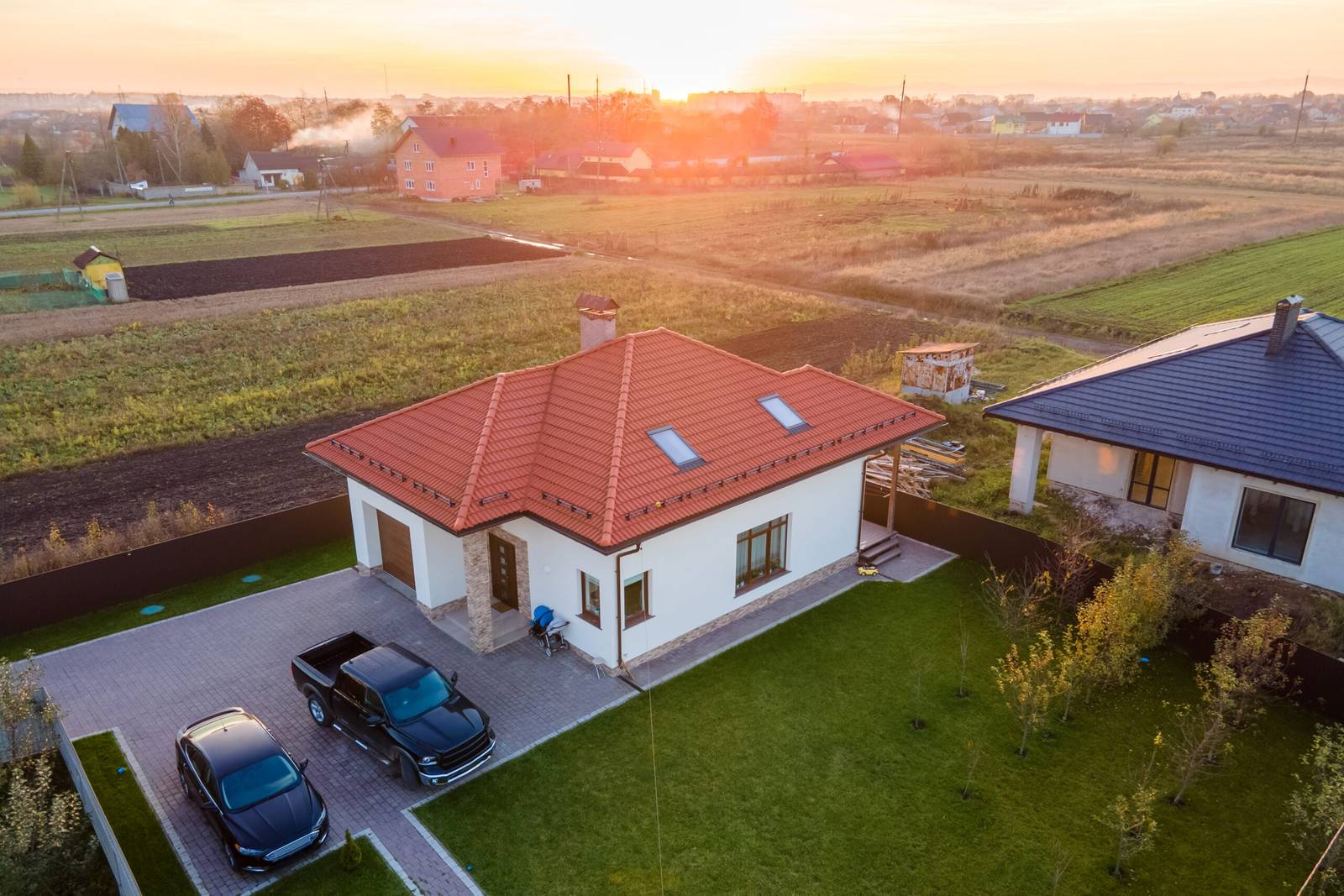
Zoning
When leasing property in Bali, it’s crucial to consider the zoning regulations, which dictate the permissible activities for each type of zone:
- Green Zones: Reserved for agriculture.
- Yellow Zones: Primarily residential with some allowance for business activities.
- Pink Zones: Designated for tourism and larger-scale activities.
However, the color designation alone provides an indication, not a definitive confirmation. Each plot must be thoroughly assessed to verify what activities are permissible based on the buyer’s intentions. It’s not uncommon for yellow zones to permit short-term rentals or commercial activities.
Some notaries or agents may offer to change the zoning of a property, but this practice is illegal. We strongly advise against engaging in such practices, as they can lead to repercussions in the future. Zoning regulations are integral to urban and spatial planning, serving the purpose of orderly development in a region or area. Bali provides ample opportunities to purchase properties legally and harmoniously within its environment.
Road Access
This point is crucial to define how the lessee or the buyer can have access to the property. Purchasing a plot of land or an apartment doesn’t necessarily mean the buyer has full ownership of the road leading to the property.
If necessary, we recommend entering into an agreement after defining the owner or who is responsible for maintaining the road and who can access the road.
- Unfortunately, it is common to see beautiful properties having access with no maintenance as nobody is suddenly responsible for the maintenance.
- It happens to find cases where a property is surrounded by other properties and the lessee has to suddenly pay an extra fee to access the property.
- Banjar is asking for an extra fee for the road or even to be able to enjoy the view from the property.
Size and soil test
Having the size of the property on a land certificate or a master lease agreement might sometimes differ from the real size. Indeed, the real size of the property might be slightly different from the size on the land title. It would be an issue if the price was not quoted in IDR per Area and per year.
We recommend doing a proper site inspection and doing some measurements. During the site inspection, a soil test is also useful in order to analyze the eligibility of the soil to support certain types of construction.
Building permit (PBG and SLF)
We wrote an article earlier on the importance of this factor.
- To be clear, a building permit application is before the construction starts. The government is emphasizing controls and applying now sanctions..
- No building permit, no licence for some business operation
- No building permit means the construction is illegal. The one who will lose the investment is the buyer (you) and not the developer if there is an issue
The process takes time due to a lack of understanding from some applicants or because the construction doesn’t fulfil the requirements. Indonesia has rules and regulations, and each construction has to respect some minimum requirements in terms of architecture or percentage of occupation of the land.
Access to utilities
Purchasing land in Indonesia a remote area or even Bali can be challenging to access to or connect simple utilities such as electricity or water. Some areas, such as Uluwatu in Bali, see trucks full of water supplying villas or businesses every day.
Other areas like Lombok has some lands still with no connection to the electricity.
Also read: How to Become a Broker in Indonesia as a Foreigner (Full Guides)
Banjar and communities’ cost
Bali also has a particular fee for contributing to the community. The Banjar fee is a donation (more mandatory than a donation). It is important to connect with your community and Banjar in order to determine what the cost would be prior to avoiding surprise once you purchase a leasehold.
Legal considerations about the lease agreement

As a leasehold is a private agreement, each clause written in the lease contract is crucial and we recommend performing due diligence and reviewing each clause before signing.
Ownership
We will define here 2 different types of ownership. The owner of the property (land and/or building) and the owner of the leasehold (lessor). Those two parties may differ if the lessor is subletting a property.
As mentioned above, it will define who you will deal with and with who you need to sign the lease agreement.
Lease, Sublease or transfer lease
A sublease agreement is when the lessor owns rights on a leasehold and decides to sublet the property to a third party. The new lessee is entering into a relationship with the lessor and not the owner of the property (land for example). This form of contract means the lessee has no direct control over the lease and is in relation to a third party.
A transfer lease is when the current lessee transfers the rights and obligations to the new lessee (buyer). The new lessee entered into an agreement with the owner of the land.
A lease agreement is when the lessee enters into an agreement directly with the owner of the property.
It is important to define in the agreement what the rights delegated to the new lessee and your rights to sublease or transfer the lease to a third party if you wish to resell the remaining years of the lease.
Business authorization
This clause is to ensure the buyer gets the authority to use the property for a commercial purpose. We recommend discussing this point to avoid a breach of contract and loss of rights on the property.
Tax
When leasing property in Bali, it is important to understand the tax implications. The lease tax is due by the lessor (seller) despite the fact that it is not rare to see owners in Bali asking the lessee to pay this tax. We recommend to clearly identify it in the agreement to avoid issues.
We do not recommend to use official and unofficial price with the notary. Indeed this practice makes you unable to justify the fund’s transfer to your tax office and in case of dispute in Indonesia.
Rights of the seller
We recommend to identify in the agreement the rights and restrictions of the seller to avoid some disputes with the owner for any reasons not indicated in the agreement (for example it happens to see some owners going or using the property claiming their rights for ceremonies or events).
We also recommend restricting the seller from mortgaging your property and having the bank purchase back your lease to take back the land.
Renewal conditions
In the opposite wind of some conceptions or understandings, a lease agreement cannot be renewable at 100%. It is not mandatory for the parties to sign and renew an agreement even if a party has priority rights with 3 property appraisals, as we can see in some contracts. Indeed the lessee will have a priority. However, having a priority doesn’t mean the owner will have to accept it, especially if your renewal depends on the capacity of the lessor to renew its agreement. Therefore, it is advisable to promptly negotiate a lease renewal agreement and meet the terms to secure continued use of the property.
Cancellation
This clause is crucial, especially for off-plan property development when leasing property in Bali. We recommend to the buyer to ensure to maintain some conditions of penalty, cancellation or refund:
- Delay from the contractor
- Cancellation from the seller
- No obtention of the building permit
- No obtention of business licence
- Delivery with lower quality than defined in the contract
A lease agreement is crucial, and all the clauses have to be in Indonesia, such as the English one; otherwise, the agreement will have no legal force compared to the Indonesian one. Do not be the one with some issues. Contact ILA to represent you during the process and get a clear understanding and independent assistance.



